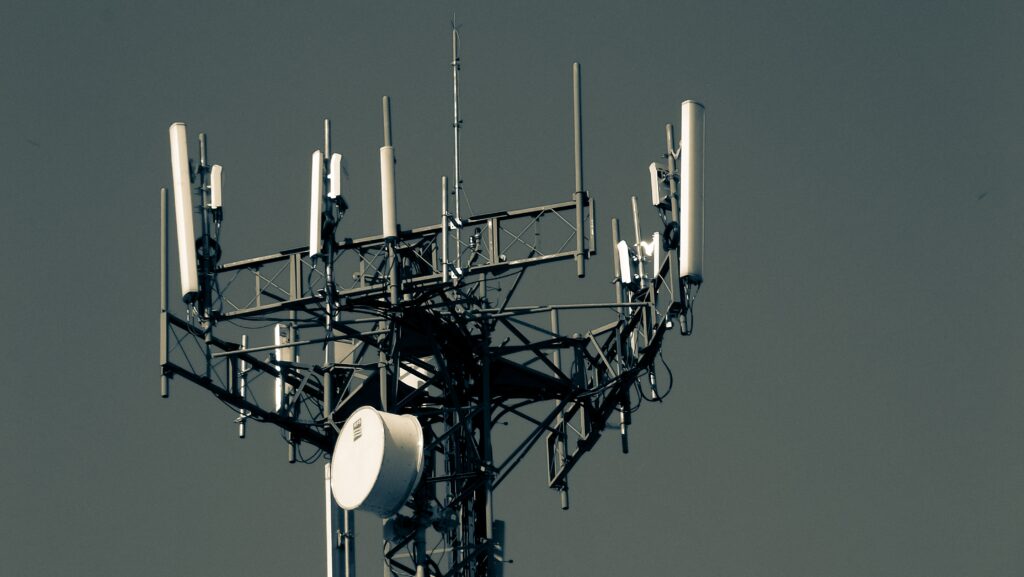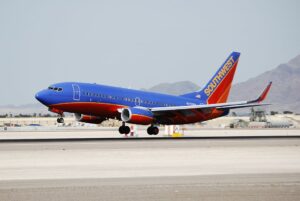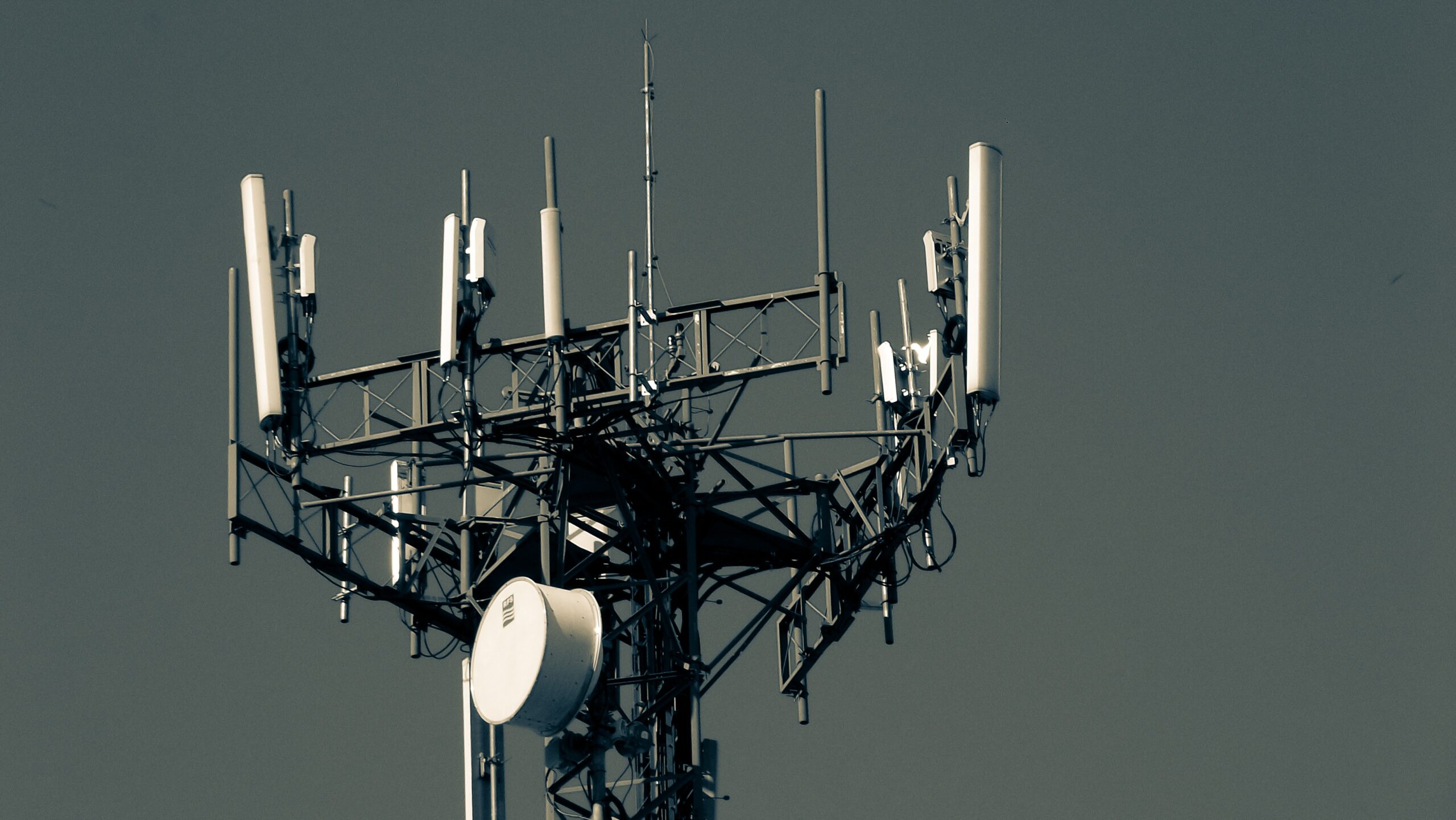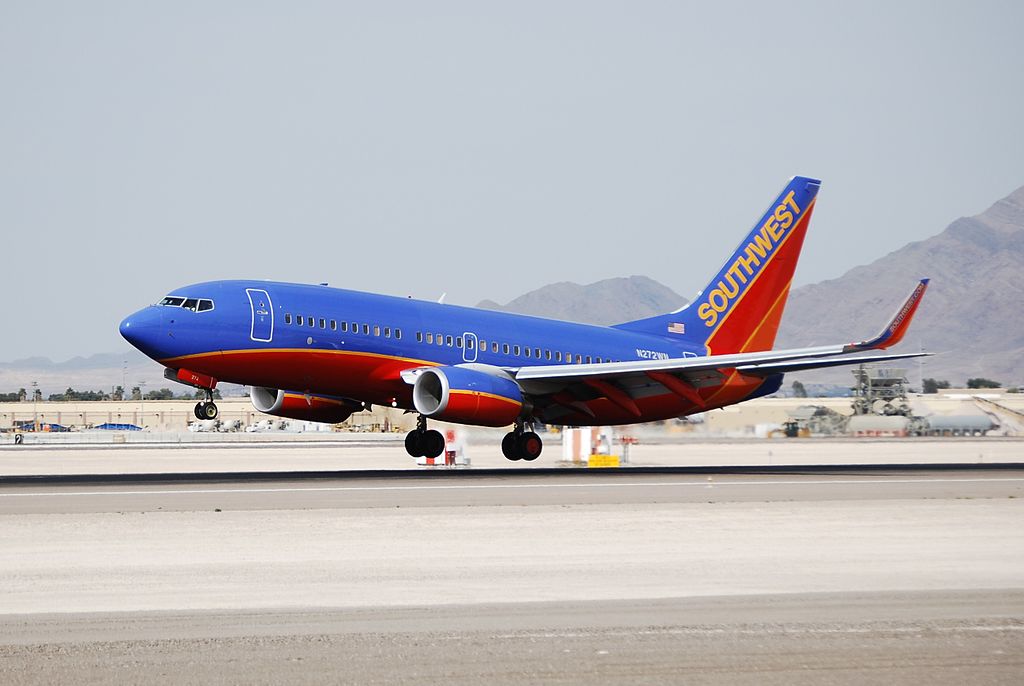Airlines, Unions and Transportation Department Oppose 5G Rollout

The U.S. Department of Transportation, the Federal Aviation Administration, Airlines for America (A4A) and the Air Line Pilots Association (ALPA) are all asking the Federal Communications Commission (FCC) to delay the expansion of C-Band 5G wireless service, instead of activating them on January 5, 2022.
Stakeholders Worry 5G Expansion Could Interfere with Airline Operations
Although pressure to delay the broadband expansion has increased in the past month, the controversy dates back to 2018, when the FCC first considered allowing the C-Band 5G spectrum to expand. Under the original plan, the agency would allow cellular operators to increase their usage of the radio spectrum between 3.7 GHz and 4.2 GHz.
However, aviation groups say that allowing cellular providers – including AT&T and Verizon – to use the spectrum could interfere with modern avionics on commercial aircraft. If the 5G spectrum were expanded in 2019, A4A estimates over 345,000 passenger flights would have been forced to be delayed, diverted, or cancelled, affecting 32 million passengers, and costing airlines $1.59 billion annually.
In particular, the ALPA says the expanded spectrum could create issues with radar altimeters, which measure the distance between ground terrain and aircraft in flight.
“ALPA initially raised safety concerns to the FCC’s docket #18-122 on May 31, 2018,” reads a letter sent by ALPA International president Captain Joe DePete to FCC chair Jessica Rosenworcel, as seen by FlyerTalk. “Unlike other Agencies who utilize the rulemaking process as established by the administrative procedures act, the FCC did not specifically address ALPA’s initial concerns. When subsequent documentation of the safety threat that C-Band 5G radio frequencies will have on transport category aircraft equipped with radar altimeters was submitted, the FCC once again ignored our questions or concerns and dismissed them.”
With concerns of potential disruption to aircraft safety, the ALPA is joining A4A and the Transportation Department in requesting a delay in the spectrum expansion. In a joint letter, Transportation secretary Pete Buttigieg and FAA administrator Steve Dickson asked both AT&T and Verizon to voluntarily delay their implementation of 5G expansion.
Under their plan, the communications companies would delay the expansion until March 2022. During that time, the FAA would identify “priority airports” which would need a 5G buffer zone, which would be reduced as equipment manufacturers work around the spectrum expansion.
“We recognize the significant investment your companies made to launch 5G C-band service, and the importance of expanding 5G service for the American economy,” the letter reads. “At the same time, absent further action, the economic stakes for the aviation industry and the disruptions the traveling public would face from commercial launch of C-Band service on January 5 are significant, particularly with the ongoing stress and uncertainty caused by the coronavirus pandemic.”
In a statement to The Hill, both AT&T and Verizon say they will voluntarily hold off on expanding 5G service through July 2022, but disagree with the aviation industry’s take on how 5G would affect aviation operations. AT&T CEO John Stankey and Verizon chair Hans Vestberg both point to France as an example of how 5G is safe to use with modern aircraft.
“The laws of physics are the same in the United States and France,” the two leaders wrote in a letter viewed by The Hill. “U.S. airlines are permitted to operate flights every day in France, then the same operating conditions should allow them to do so in the United States.”

























Seems odd and extreme, as the 5G rollout in the EU has no such problems. I'm quite sure they all use the same radar altimeters. Hopefully, this isn't more of the same since debunked sky-is-falling warnings that claimed the use of electronic devices on board would be a hazard.
U.S. carriers fly in and out of France with no problem or complaint. I was recently in France on a Falcon 900 (Easy II WAAS LPV) with absolutely no problems.